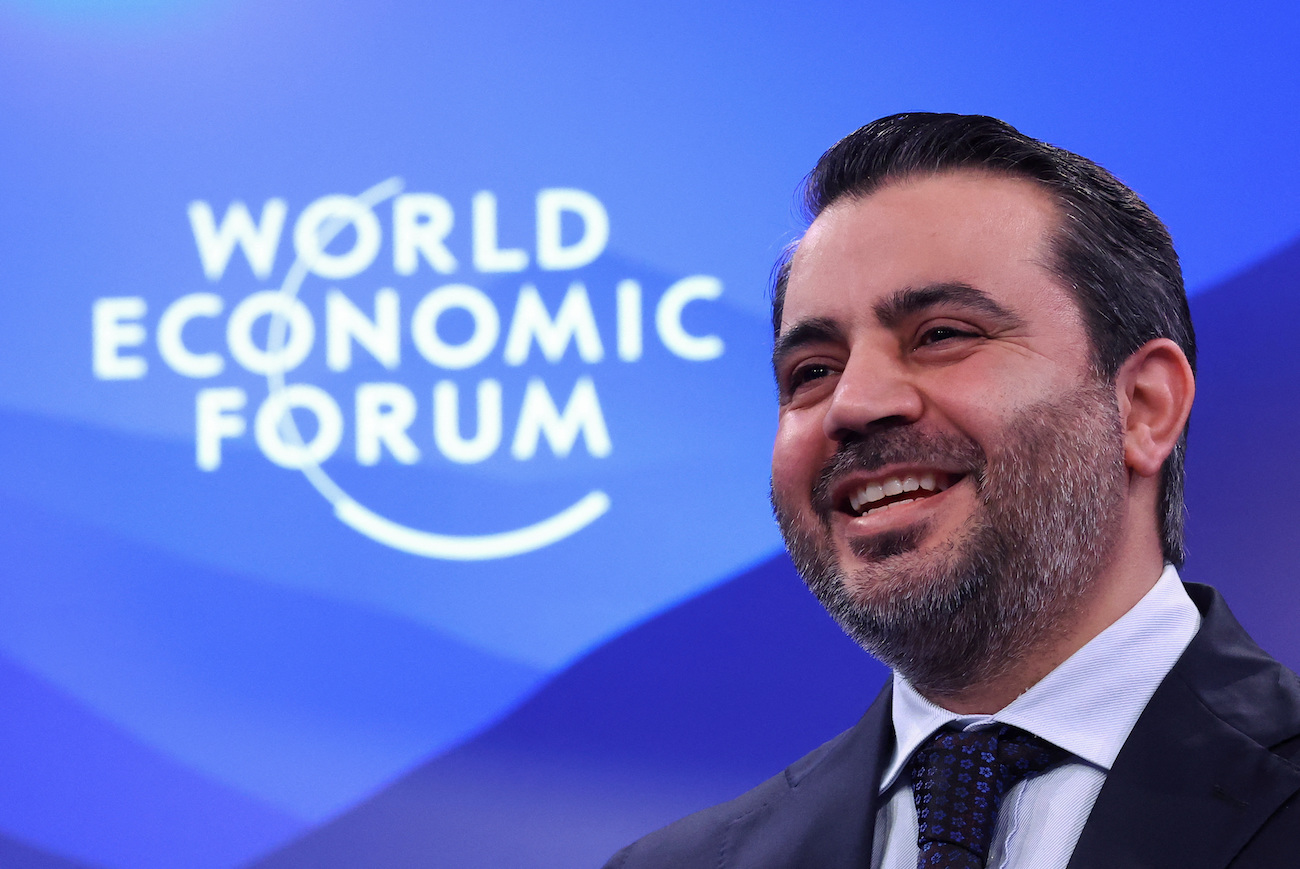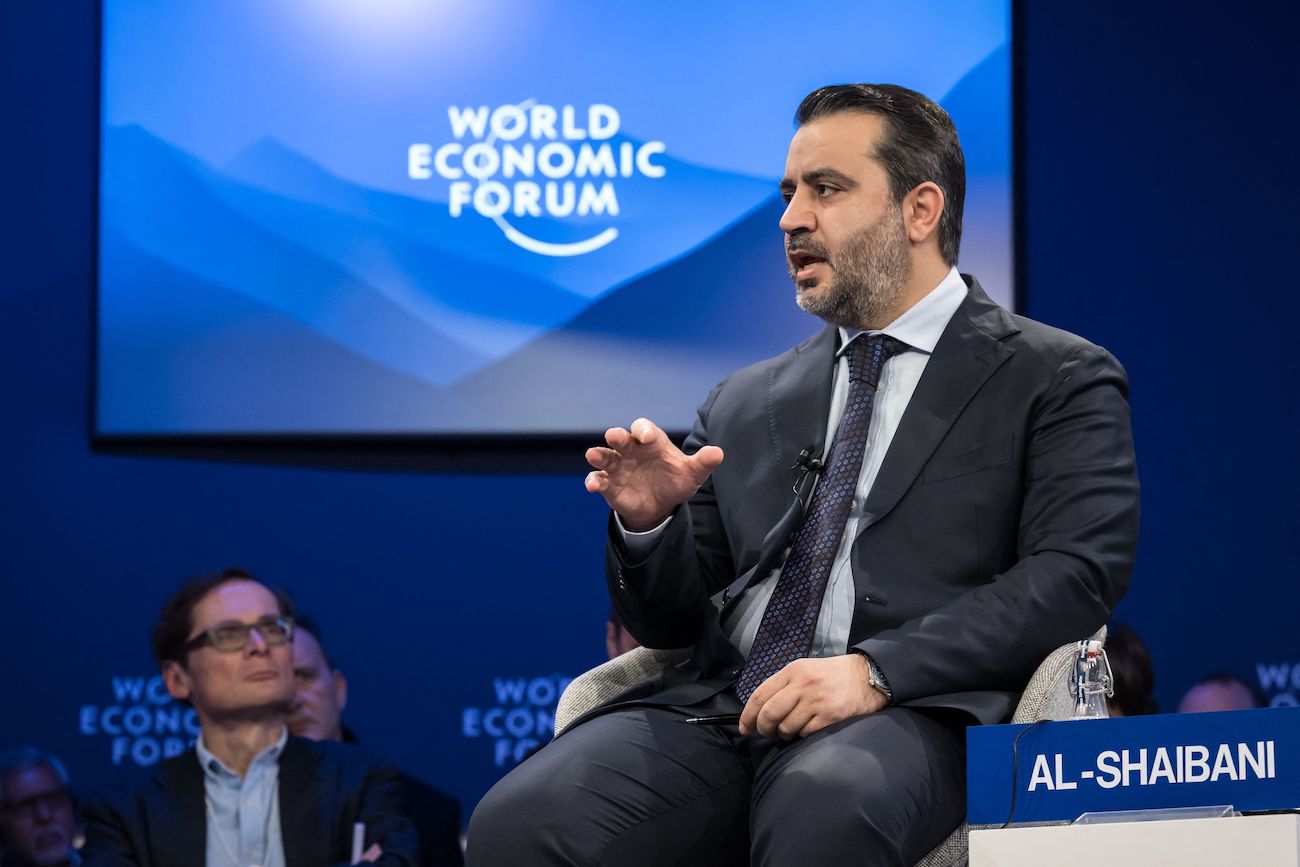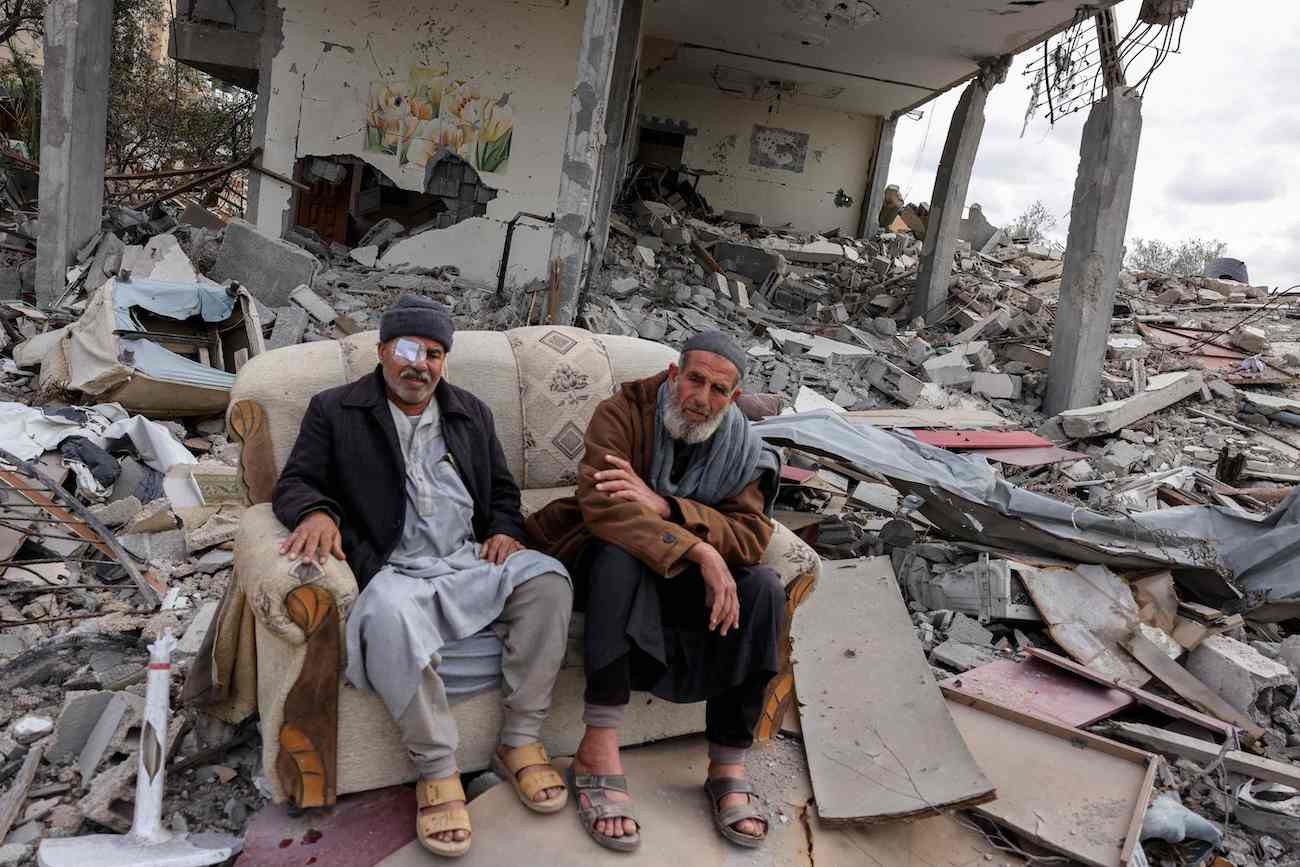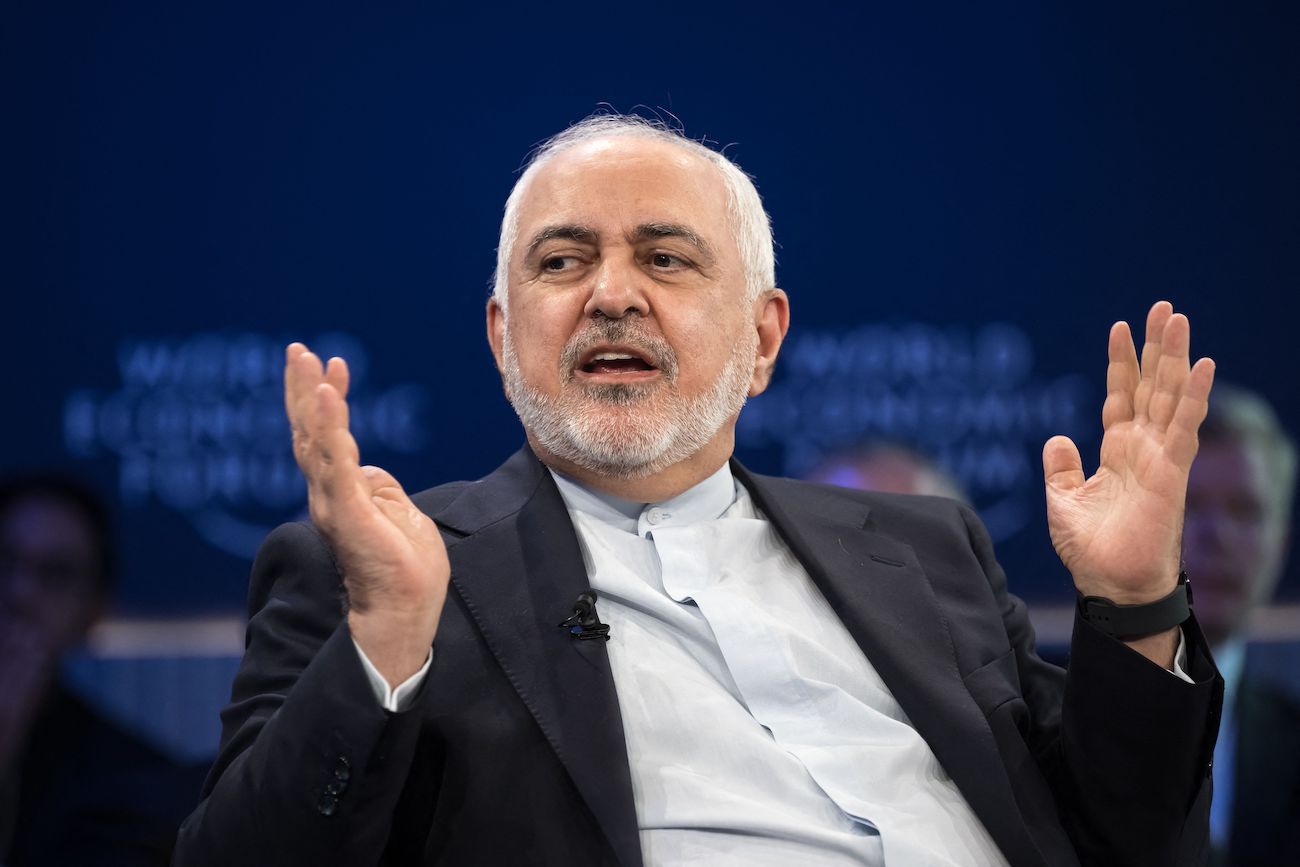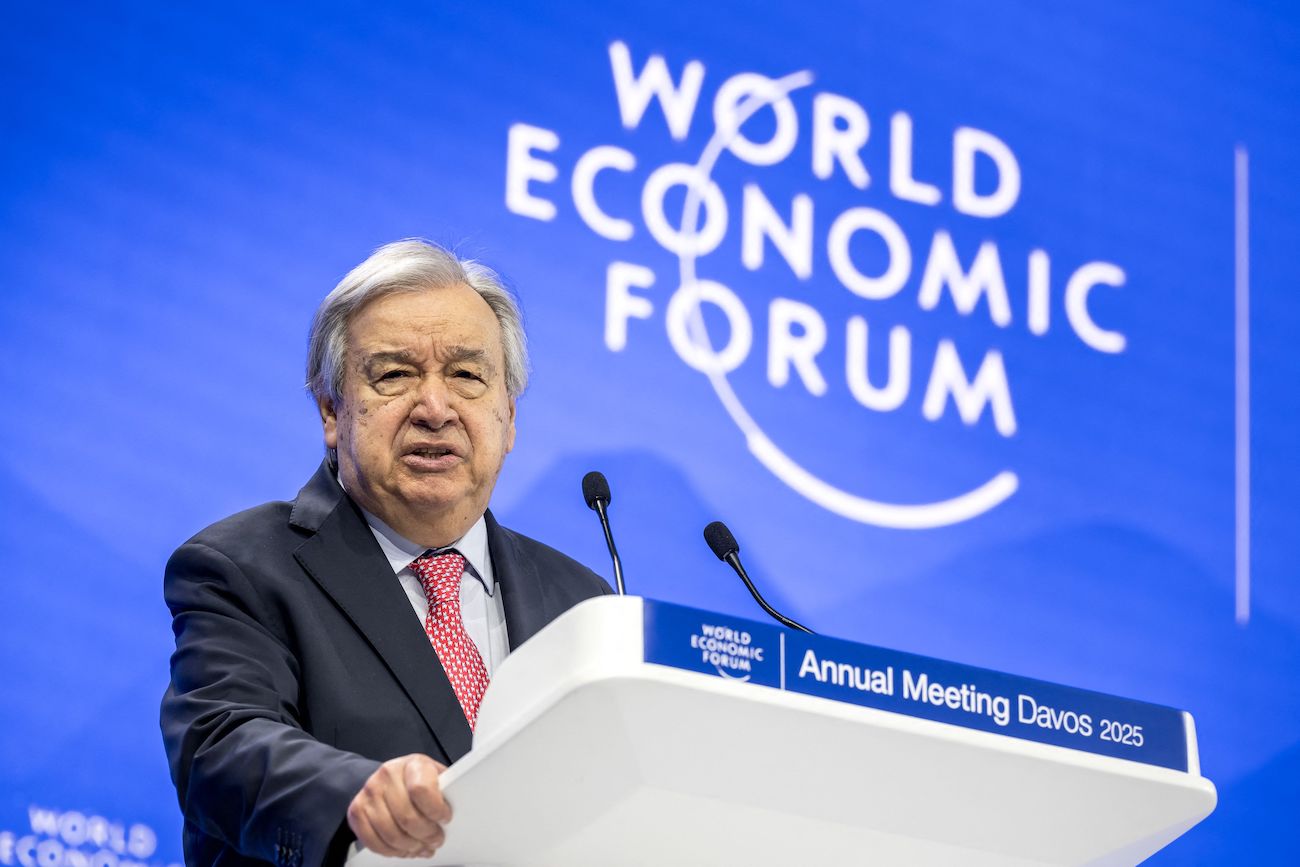BEIRUT: Lebanon’s army on Sunday warned the Lebanese against actions that would disturb public order in the country after Israel’s killing of Hezbollah Secretary-General Hassan Nasrallah.
The army statement called on citizens “to preserve national unity and not to be drawn into actions that may affect civil peace at this dangerous and delicate stage,” following the massive Friday strike that killed Nasrallah and as Israeli attacks continue.
Israel “is working to implement its destructive plans and sow division among Lebanese,” the statement added.
The army appeal came as dozens were killed and wounded on Sunday in Israeli air raids on the southern suburbs of Beirut, southern Lebanon, and the Bekaa.
According to preliminary statistics from the Ministry of Health issued on Sunday evening, 21 civilians were killed and 47 were wounded in 40 Israeli raids on Baalbek-Hermel.
Maronite Patriarch Bechara Al-Rahi, in his first comment on the assassination of Nasrallah, said that “the Lebanese paid a heavy price for their departure from the national charter, and Lebanon will not be able to carry out its mission except with positive neutrality.”
Al-Rahi reminded “the international community of the necessity of working to stop the cycle of war, killing and destruction.”
He said: “We all are losers in the war, so it is necessary to adopt negotiations. We hope that by electing a president for Lebanon, he will stop the fire and engage in peace negotiations.”
Amid the Israeli bombardment, the Lebanese ministerial emergency committee continued its discussions on how to manage the vast number of displaced people from the southern suburbs of Beirut, the south, and Bekaa, who had been made homeless.
Some of the displaced are still sleeping in the streets of Beirut, on its seafront, and in front of mosques, while others cannot afford to buy milk for their children or clothes to keep them warm.
Caretaker Prime Minister Najib Mikati said after Sunday’s meeting that the number of displaced people might reach 1 million and that “this current displacement is the largest in Lebanon’s history.”
Mikati said the state’s contributions are “within its capabilities, and we will ask donor countries to help us in these difficult circumstances.”
Regarding political solutions, Mikati stressed that “we have no choice but diplomacy. We demand a ceasefire on all fronts.”
According to official statistics, those who have died since Oct. 8, 2023 amount to 1,640, while the wounded amount to 8,408. The number of missing persons is unknown.
Israeli forces have not given Hezbollah a chance to catch its breath after the assassination of Nasrallah.
Warplanes launched 216 raids within the last 24 hours, including a violent raid on a building between Shiyah and Ghobeiry in the southern suburbs of Beirut.
According to Channel 14, “the target was the prominent leader in the party, Abu Ali Rida, the commander of the Badr Unit.”
Hezbollah denied the claim, saying that he was “well and healthy.”
Hezbollah officially mourned Nabil Qaouk, the deputy head of its executive council, who was killed in a drone attack on Saturday evening in the Chiyah area, indicating that Qaouk “held many organizational responsibilities in the party’s various units.”
It also officially mourned the death of prominent party leader Ali Karaki, whom Israel put on its target list.
Israel also included among its targets an official in the Islamic Group in Lebanon — an ally of Hezbollah in the confrontations in the south.
A warplane launched a raid on the town of Jab Janin in western Bekaa, the first time this town had been targeted, and hit a car carrying the group’s official, Mohammed Dahrouj, who was with his wife, killing them both.
Also on Sunday, Hezbollah’s civil defense personnel retrieved the bodies of Nasrallah and those with him in preparation for their funeral.
A paramedic told Arab News: “We kept digging deep to reach the bodies, and they were pulled out using cranes brought to the site.”
He said the bodies of the party’s secretary-general, Karaki, and two Iranian figures were found.
Hezbollah’s operations in northern Israel declined relatively on Sunday.
Hezbollah announced the bombing of the “Sonubar settlement” and “Ofek camp with a batch of Fadi 1 missiles.”
Minister Nasser Yassin, head of the emergency committee, said: “We have reached 740 shelters within a few days with more than 250,000 displaced people.
“The number of displaced persons since the day of Hassan Nasrallah’s assassination on Friday until Sunday morning was estimated at 1 million.”
Israeli army spokesman Avichay Adraee claimed that the raids carried out on the Hezbollah command headquarters led to “the elimination of more than 20 other members of different ranks.”
He alleged that they had gathered inside the underground headquarters and managed the fighting against Israel from there.
Adraee provided a list of names: “Ibrahim Hussein Jazini, the commander of Nasrallah’s security unit; Samir Tawfiq Deeb, Nasrallah’s advisor for many years; Abdul Amir Mohammed Sablini, the official responsible for building the force; and Ali Nayef Ayoub, the official responsible for managing the fire.”
An Israeli raid on the town of Al-Ain, adjacent to Baalbek, led to the killing of 11 civilians.
The army launched a raid on a house in the Marjhin area in the Hermel outskirts, causing the death of more than 10 people.
A raid on a building in the town of Zboud in the Bekaa resulted in the deaths of 17 civilians.
Raids focused on Al-Khader, Tamnin, Nabi Sheet, and Al-Kharibeh in northern Bekaa — areas that support Hezbollah.
The attacks included the town of Choueifat, south of Beirut, targeting hangars belonging to a businessperson from the Al-Moussawi family.
An Israeli raid on a building near a civil defense center affiliated with the Amal Movement, an ally of Hezbollah, resulted in the death of several volunteers in the southern town of Tayr Dibba.
The Lebanese Ministry of Health condemned “this attack and a similar attack on Houmin Al-Fawqa in the south, which led to the death of 14 paramedics in two days.”
The Israeli army claimed in a statement that “it struck hundreds of Hezbollah targets throughout Lebanon in the past hours, including missile launch pads directed toward Israeli territory, weapons storage facilities, and additional terrorist infrastructure affiliated with Hezbollah.”
The army said that it will continue to work to “weaken and dismantle Hezbollah’s capabilities.”
Aircraft and drones remained in the skies of Beirut and its southern suburbs at a low level around the clock.
















